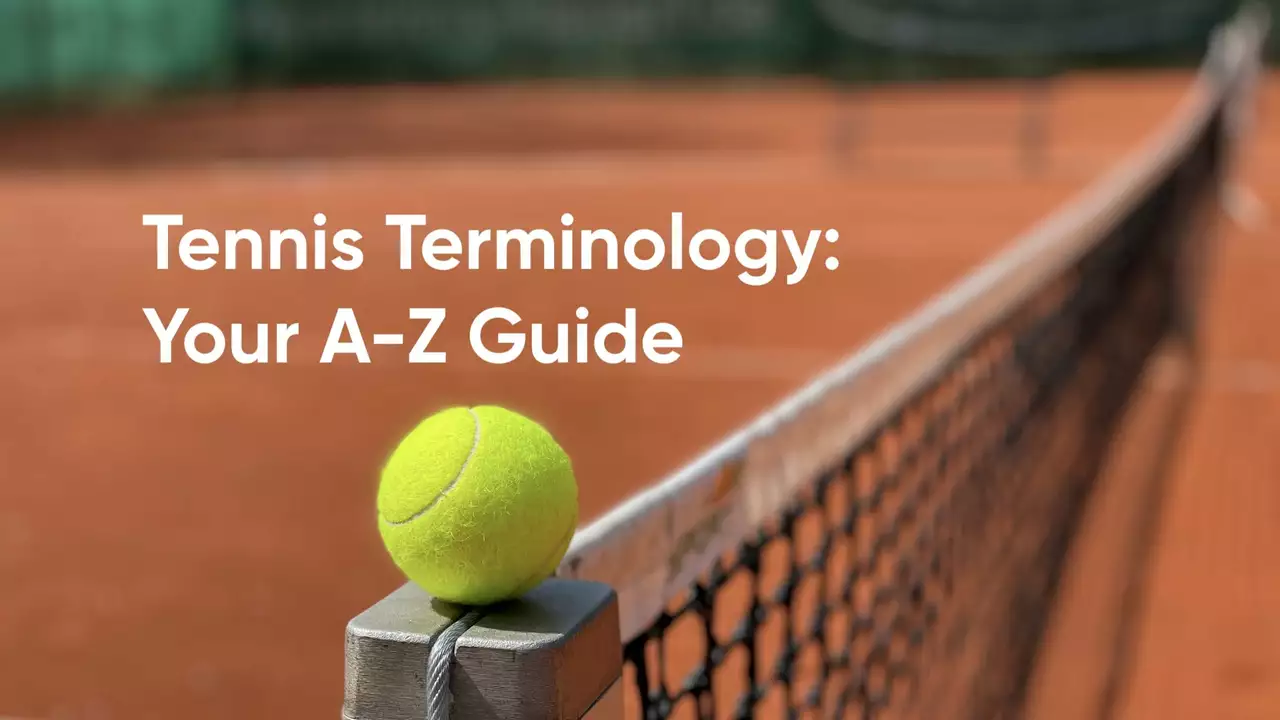Understanding the Rules of Tennis
Before we delve into the question of whether a tennis match could go on forever, it's vital to understand the basic rules of the game. Tennis is played between two opponents (singles) or two teams of two players each (doubles). The objective of the game is to hit the ball in such a way that the opponent cannot make a valid return. A match is divided into sets, and sets are divided into games. A player or team needs to win six games to win a set, and the match is usually best of three or five sets. But here's the catch - to win a game or a set, a player or team must have a two-point advantage. This is where the possibility of an endless match comes into play.
The Concept of Deuce
Deuce is a term in tennis that essentially means a tie. It occurs when both players or teams have won three points each in a game, or six games each in a set. At this point, the game or set cannot be won until one player or team has a two-point advantage. So theoretically, if both players or teams continue to win points alternately, the game or set could go on indefinitely. The longest recorded deuce in professional tennis was in a 1975 match, which saw 37 deuce points before the game was eventually won. Imagine how long that game must have gone on!
The Tiebreak Rule
Recognizing the potential for endless games and sets, the tennis authorities introduced the tiebreak rule in the 1970s. If a set reaches a score of 6-6, a tiebreak game is played to decide the winner of the set. The first player or team to reach seven points, with a margin of at least two points, wins the tiebreak and the set. However, in many major tournaments, including Wimbledon until 2019, there was no tiebreak in the final set. This meant that the final set could, in theory, go on forever.
Endless Matches in Tennis History
In the annals of tennis history, there have been matches that seemed to go on forever. The most famous of these is the match between John Isner and Nicolas Mahut at Wimbledon in 2010. The final set of this match went on for an astounding 8 hours and 11 minutes, with Isner finally winning the set 70-68. The entire match lasted for 11 hours and 5 minutes, spread over three days. This is the longest match in professional tennis history, and it's hard to imagine a match going on much longer than this.
Can a Tennis Match Truly Go on Forever?
So, could a tennis match go on forever? Theoretically, yes. If both players or teams continue to win points and games alternately, a match could go on indefinitely. However, the physical and mental endurance required to play a continuous tennis match is beyond human capabilities. And the introduction of the final set tiebreak rule in all major tournaments now means that even the final set cannot go on forever. But as the Isner-Mahut match shows, a tennis match can certainly feel like it's going on forever!
